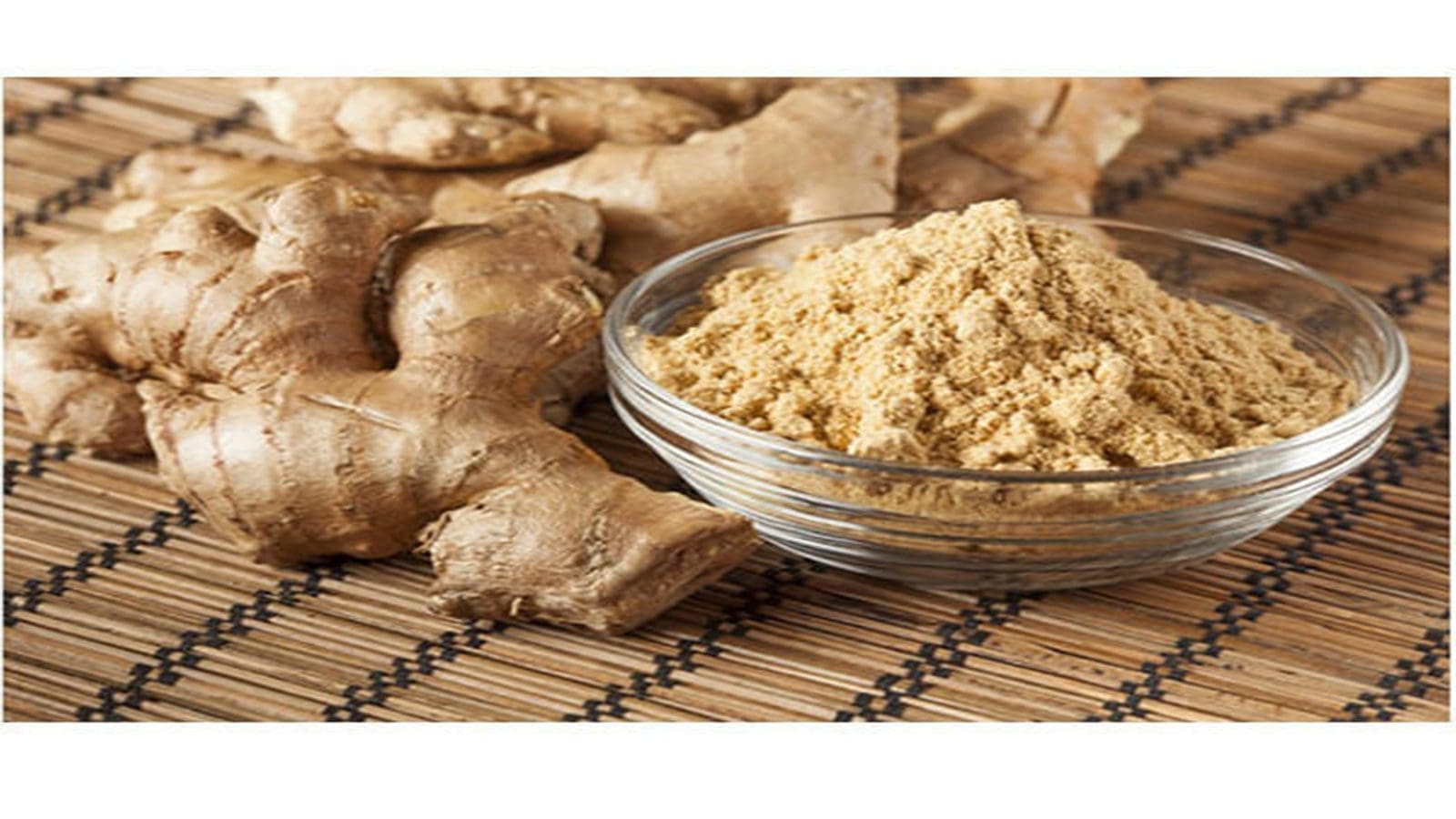GHANA – A study by scientists at the Kwame Nkrumah University of Science and Technology has unearthed the labelling malpractices in most Ghana-made ginger powder.
Ginger is indispensable in our homes, especially in cuisine. Its usage increased during the height of the covid-19 pandemic as many perceived it to possess anti-Covid-19 activity, especially in reducing lung inflammation.
This study, published in the journal Heliyon, a monthly peer-reviewed mega journal, sought to find out the quality of powdered ginger products on the Ghanaian market.
“The present research depicts local manufacturers of ginger powder in Ghana to be non-adherent to labelling requirements as stipulated by regulation,” said Isaac Kingsley Amponsah of the Department of Pharmacognosy.
The samples were drawn from three major markets in Ghana and this consisted of three local and four foreign ginger powders.
Compared to other foreign brands which met these standards, the Ghanaian samples failed labeling requirements. Two of the samples did not have manufacturer’s information, batch numbers and expiry dates and one was completely without a label.
“Two of these local products were not registered and by inference, not institutionally monitored (as indicated by the absence of an FDA number) yet sold on the market without restraint,” Amponsah said.
Again, the scientists didn’t find significant levels of harmful bacteria, fungi, and toxic metals.
“The burden lies on the regulatory agency of the country to ensure compliance with standards through periodic surveillance,” said Amponsah.
The scientists have therefore implored the Ghana Food and Drugs Authority (FDA) to intensify surveillance on ginger powder sold on the market.
Last month, the KNUST researchers confirmed the presence of a probable cancer-causing substance known as acrylamide, in one hundred per cent of samples of bread analyzed.
Acrylamide is a chemical substance formed when starchy foods, such as potatoes and bread, are cooked at high temperatures (above 120°C). It can be formed when foods are baked, fried, grilled, toasted or roasted.
Laboratory tests show that acrylamide in the diet causes cancer in animals. Scientists agree that acrylamide in food has the potential to cause cancer in humans as well. We recommend that the amount of acrylamide we all consume is reduced, as a precaution.
The present study aimed to determine the exposure and possible health risks bread pose to its regular consumers.
The researchers however emphasized that while risks of adverse effects frequently predispose consumers of bread, it must be noted that, “the risk doesn’t mean that if one consumes bread, one could have cancer. Other factors such as an individuals’ food consumption pattern can eventually predispose them toward adverse health effects.”
Liked this article? Subscribe to Food Safety Africa News, our regular email newsletters with the latest news insights from Africa and the World’s food safety, quality and compliance. SUBSCRIBE HERE








